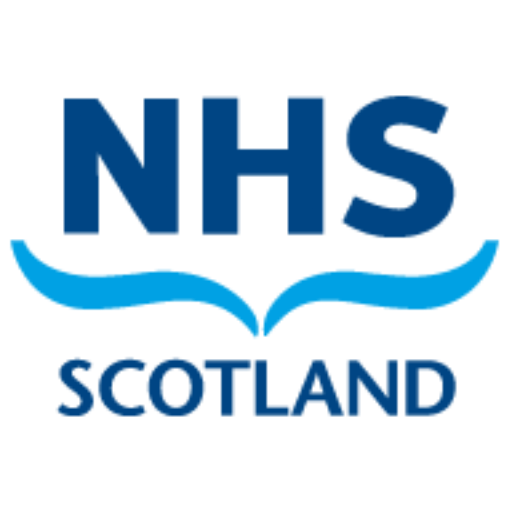For years, UK advice to pregnant women with a family history of allergies was to delay introduction of weaning foods that are commonly associated with allergy e.g. egg, nuts. This advice withdrawn in 2008 on the basis that it was unscientific and in fact there is evidence that the opposite is true!
Early weaning (before 4 months of age) probably increases risk of eczema, and this fits with the standard advice that you should never be introducing solids before 4 months of age.
Gideon Lack at Evangelina hospital in London did LEAP (Learning about Peanut Allergy) study, randomized infants with severe eczema and/or egg allergy to receive either no peanut until age 3yr, else an age-appropriate peanut snack (Bamba, a kind of peanut Wotsit, or smooth peanut butter, 6g) three times a week. This reduced the incidence of peanut allergy by 86%. (NEJM 2015; DOI: 10.1056/NEJMoa1414850) So far, nowhere in the UK is offering this kind of treatment on the NHS.
A 2009 UK study did not find any association between diet during pregnancy or after birth, and peanut allergy. But in the small print, there was one risk factor identified, which was total household peanut intake. This might suggest that traces of peanut in the home environment might be part of the problem (and other studies have found traces of peanut throughout homes where peanuts are eaten – must be sticky!). (Fox, J Allergy Clin Immunol. 2009 Feb;123(2):417-23). So make sure you wash your hands and wipe down surfaces after that peanut butter sandwich!
The 2016 EAT study looked at early introduction of six common food allergens into the diet of 1303 breastfed 3 month old infants from a general (not high risk) population. The foods were peanuts, egg, cow’s milk, sesame, white fish and wheat. When they looked just at the babies who managed to stick to the regime from the beginning, they found that there was not a single case of peanut allergy (compared with 2.5% of the other babies), and 75% less egg allergy. (Michael Perkins https://www.nejm.org/doi/10.1056/NEJMoa1514210).
Most recent national advice (BSACI/BDA) distinguishes high risk babies (those with eczema, especially if severe, or existing food allergy eg milk) and “normal” risk. Latter should just get foods eaten by “your family as part of your normal diet”. For high risk, they recommend that families consider introducing cooked egg, then peanut, from age 4 months. Allergy testing is going to be unhelpful in the majority of babies, guidance says that the potential benefits of testing (finding a probable allergy without causing a reaction first) need to be balanced against the increased risk of allergy by delaying introduction while waiting on a test, and the fact that you would have to test lots of babies to find just one who is allergic. For high risk babies, families should get advice from an allergy expert.
Preventing Allergy – Breast Feed? Which Formula?
Probiotic supplementation during pregnancy and lactation may reduce risk of eczema, fish oil supplementation during pregnancy may reduce risk of egg allergy but there are not great data on this.
Other dietary measures, including prebiotic supplements, maternal allergenic food avoidance, vitamin, mineral, fruit and vegetable intake do not appear to influence risk of allergic or autoimmune disease. Healthy eating is important for mums to be, of course!
There is limited evidence to suggest that supporting mothers to breastfeed for longer reduces risk of eczema in the first year
Longer exclusive breastfeeding duration reduces risk of type 1 diabetes.
Some countries have recommended that if you can’t breastfeed, then a specialist formula (“extensively hydrolysed”) may be protective against milk allergy in high risk babies. In the UK, this is not accepted practice – different studies have produced conflicting results.
This kind of research is difficult because you can’t force mums to breast feed or not breast feed, so the different groups can’t be compared in a fair way!
For More Information Click here.
